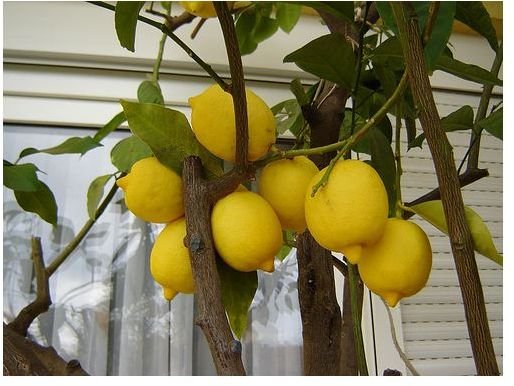Natural Ways to Disinfect Your Kitchen
Replace Harsh Chemical Disinfectants with Natural Ones
You don’t need to use harsh chemicals to disinfect your kitchen. While many chemical cleaning products have been shown to kill 99.9% of bacteria on surfaces such as sinks, faucet handles and kitchen counters, there is no proof that using these disinfectants reduces the incidence of infection.
There are many all-natural disinfecting and cleaning products and techniques that you can use to kill and prevent the growth of the bacteria in your kitchen. Many of them are very inexpensive and easy to use. While they’re individually not as effective as chemical disinfectants, when used together they can significantly reduce the disease-causing bacteria in your kitchen.
Use Ordinary Household Products as Natural Disinfectants
Ordinary household vinegar is an excellent antibacterial cleanser. All-natural apple cider vinegar is very effective at preventing the growth of bacteria. Distilled white vinegar also works as a disinfectant. Lemon juice is another natural cleaning product that is effective against bacteria. These cleaning products work because bacteria thrive at a pH over 4.6. By creating an acidic environment, you make it very difficult for the bacteria to grow.
Also, with a clean sponge and a little elbow grease, these cleansers can help you disinfect your kitchen by cleaning away the food debris that bacteria thrive on. For best results, put some straight vinegar in a spray bottle and spray the surface to be disinfected. Allow the vinegar to rest a few minutes before wiping it away with a sponge and drying with a clean cloth.
The Disinfecting Power of Essential Oils
Certain essential oils have also been shown to be effective kitchen disinfectants. Many commercial pine oil cleaning products have been found to be excellent disinfectants. However, they typically contain petroleum distillates. Tea tree oil has also been shown to be an effective antibacterial agent.
You can make your own essential oil cleaners at home by combining a teaspoon of oil with two cups of water. Adding other essential oils such as lavender and clove will increase the disinfecting properties of the cleanser and also impart a pleasant aroma. However, while these cleaning products are natural, they are potentially harmful, so take care to keep them out of the reach of children and pets.
Other Natural Methods to Disinfect Your Kitchen
Keeping your kitchen clean is important for keeping it disinfected. To keep your sponges disinfected, wet them down and place them in the microwave on high for one minute each. Wash your kitchen towels frequently in hot water. Always wash your hands and take a clean kitchen cloth when wiping down surfaces, drying your hands, unloading the dishwasher or drying hand-washed dishes. Make sure that your towels are dry; wet towels are breeding places for bacteria.
Also, one of the primary causes of bacterial infestations in the kitchen is raw meat. Consider switching to a vegetarian diet to eliminate a significant amount of food-borne disease-causing bacteria. Use baking soda as a natural abrasive cleanser to remove baked-on dirt and other soils that are hard to remove. Taking these steps should make your kitchen a much cleaner, safer place for cooking and eating.
Find more ideas for the stuff in your kitchen by reading How to Exfoliate Your Skin Naturally.
Sources:
Haley F. Washburn, “Which Vinegar Works the Best as a Disinfectant?”
https://www.usc.edu/CSSF/History/2006/Projects/J1435.pdf
“List of Terms,” https://www.foodsafety.gov/~dms/a2z-b.html
“Work/Life: The Problem and Solution Lie within You.” https://www.hq.nasa.gov/office/codec/cc/Pages/Editions/navig-07-03.pdf
